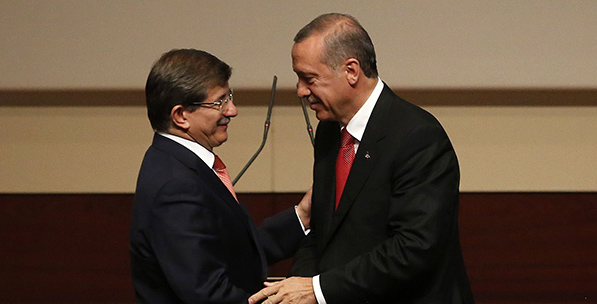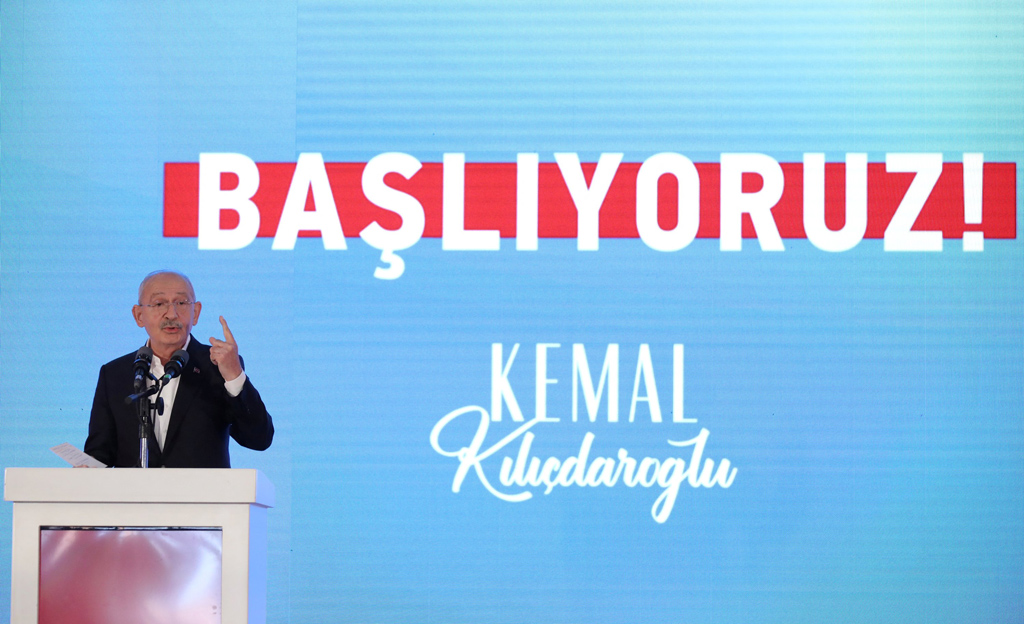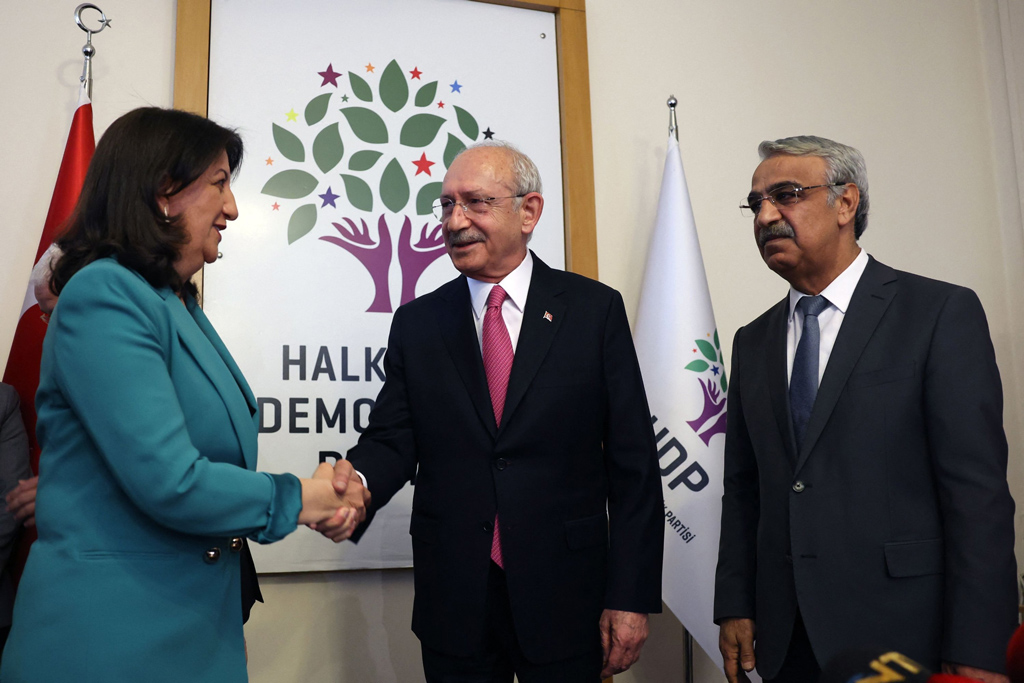Turkish public opinion has been preoccupied over the course of last week by intense discussions concerning the identity of the forthcoming prime minister and AK Party chairman to replace President-elect Recep Tayyip Erdoğan. The sense of curiosity and nervousness was understandable given the personal and central role Erdoğan played in establishing, expanding and managing Turkey's largest political movement over troubled waters. Navigating between conjectural political crises against the Kemalist state establishment as prime minister and AK Party chairman, Erdoğan adopted a hands-on approach to global, national and local politics. He not only oversaw the conduct of foreign policy and socio-economic development, but also maintained his party's strong grassroots support by carefully following local issues and demands across metropolitan cities as well as rural parts of Anatolia.
Therefore, Turkey's foreign minister, Ahmet Davutoğlu, who was declared on Thursday by Erdoğan as "the candidate" to take over the posts of prime minister and chairmanship of the AK Party in the congress next week, is up against a great challenge as Erdoğan is "a difficult act to follow" in governing the high politics of the state and low politics of the party organization with success. But the unprecedented intellectual capacity, adaptation skills, dynamism and hard-working attitude of Davutoğlu made him the perfect candidate to meet the challenge of filling the shoes of Erdoğan as Turkey's new prime minister. In his capacities as the chief advisor to the prime minister and later as foreign minister, Davutoğlu galvanized Turkey's position as a rising power with substantial regional clout and influence in international politics despite systemic pressures stemming from the region. Now, "Ahmet Hoca" as his students like to call him, has a perfect chance to make his vision for new Turkey a reality by effectively managing and coordinating other realms of the executive office such as education, economy, energy, national defense, health and culture, along with his specialized field of foreign policy. With his constructive mind, positive social relations and global network ranging from high-profile academics-intellectuals to political leaders of great and rising powers, Davutoğlu has the capacity to carve out the details of new Turkey with the precision of an artist.
Meanwhile, Erdoğan made it clear that he will display the profile of a proactive and effective president especially regarding macro-level issues concerning foreign policy, macroeconomic management and social development. The main policy priorities of previous Erdoğan governments will continue to determine the borderlines of the policy set by the incoming government. The first months of Davutoğlu's premiership are likely to be part of a transition period during which the foundations of the new political setting will be laid down without radical changes in the cabinet and main policy priorities. But following the general elections next year we should expect the seal of Davutoğlu on the governance of new Turkey with his personal style, team and priorities to complement the future vision of President-elect Erdoğan.
At this juncture, the most critical issue at hand concerns the preservation of the political integrity, vibrancy and governability of the AK Party during this critical period of leadership transition. As a result of its continued dominance in Turkish politics and divided nature of opposition parties, the future course of politics in Turkey are likely to be determined by internal developments within this political movement. Therefore, stability within the AK Party might be the best indicator of stability in Turkish politics. The "Erdoğan-Davutoğlu" formula indicating a strong president and a strong prime minister is the right formula to effectively manage the transition period and also "the moment of truth" for new Turkey with minimum distress.
[Daily Sabah, 23 August 2014]








